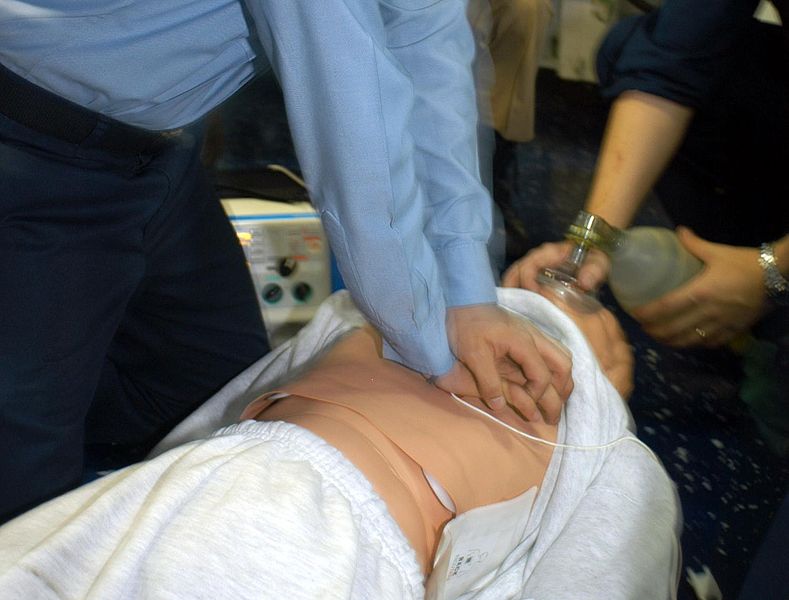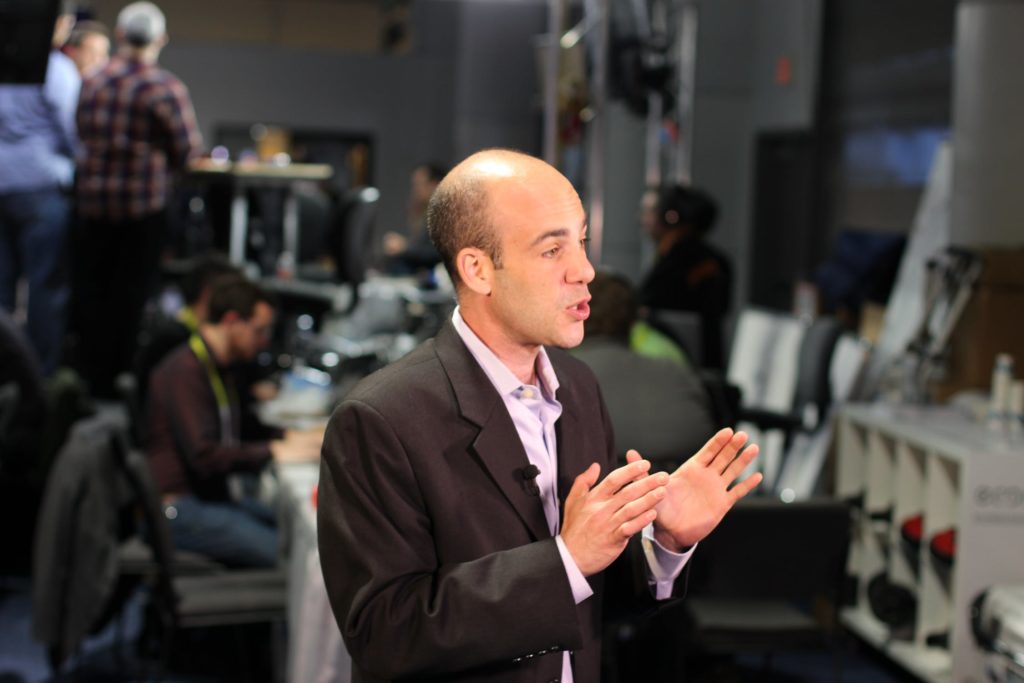The two most critical ingredients for success in life are the motivation to take action and the skills to take action effectively. Whether you’re practicing law or writing code, you will get nowhere with your internal drive if it isn’t fed by effective training.
Some of the skills will be used every day, enabling you to perform at a high level in your job’s most frequent tasks. Others are used less frequently, making it easy to get rusty with them, to lose them altogether, or even never to get them in the first place.
Advanced Cardiac Life Support is one of those skills. Many different occupations in the medical field call for these skills from time to time, but the need only emerges in the most drastic of circumstances. That’s when you have the best opportunity to make a difference by helping save a life, but you can only do that if you have the right training to make those split-second, life-saving decisions.
ACLS training may be beneficial for you in a number of different career fields. If you’re involved in one of those occupations, consider improving your toolbox of skills by getting your ACLS Certification online.
Athletic Staff
The people surrounding hard-charging athletes must perform at a high level at all times. Athletes rely on their coaching and training teams to provide unwavering support as they prepare and compete. From the sports psychologist to the quick-handed trainer wrapping an ankle, everyone must be ready for whatever may happen.
And in spite of the usual excellent health possessed by most athletes, there are those who have undiagnosed conditions, congenital problems, and other invisible risk factors that could cause a serious medical emergency. When you’re part of a team that provides comprehensive support for an athlete, those moments are made for you. Good training, once again, can make the difference.
Medical Facility Professionals
It’s obvious that ACLS will be advantageous for anyone working around cardiac patients. After all, the “C” stands for cardiac. But the potential need for ACLS skills exists in every medical office, lab, clinic, hospital, or facility. There could be nothing worse for a family than losing a loved one to a heart attack that he or she suffered at a doctor’s office that had no one trained to intervene.
Whether your patient is in the office for an echocardiogram or just for a routine checkup, the possibility exists that something could go wrong. You are there to help that patient. You are there to address whatever medical needs may emerge. And for that reason, you should be prepared to take action in those moments when something has gone horribly wrong, the moments when a patient and a family are counting on you to make a difference.
Pre-Hospital Care
Most strokes, heart attacks, and other cardiac emergencies take place outside the hospital. They lead to those frantic calls to 911 and the intense response to arrive at the scene and take action to stabilize the patient and transport him or her to an emergency room for definitive care. These are perhaps the most important scenarios for ACLS.
Paramedics, emergency medical technicians, and flight nurses spend a lot of time handling trauma and other medical emergencies, but cardiac events still rank near the top of the list for fatal episodes outside the home. Even worse, the death rate for such events is actually rising. The skill levels of the personnel who respond to those calls, including even firefighters and police officers, are the first line of defense against a fatal outcome for the patient. ACLS is a vital piece of their skill set, so if you’re in one of those professions, the training will enhance your ability to do what you’re there to do—save lives.
Motivation and training have an interesting relationship. Great motivation and a drive to achieve can inspire you to gain the skills you need to achieve your goals. But many people succeed by going in the opposite direction and learning something new. They quickly become motivated to pursue a whole new lifestyle, hobby, or activity.
Whether you’re coming from motivation to training or the other way around, ACLS skills can lead you to a point where you make a difference by saving a life.





